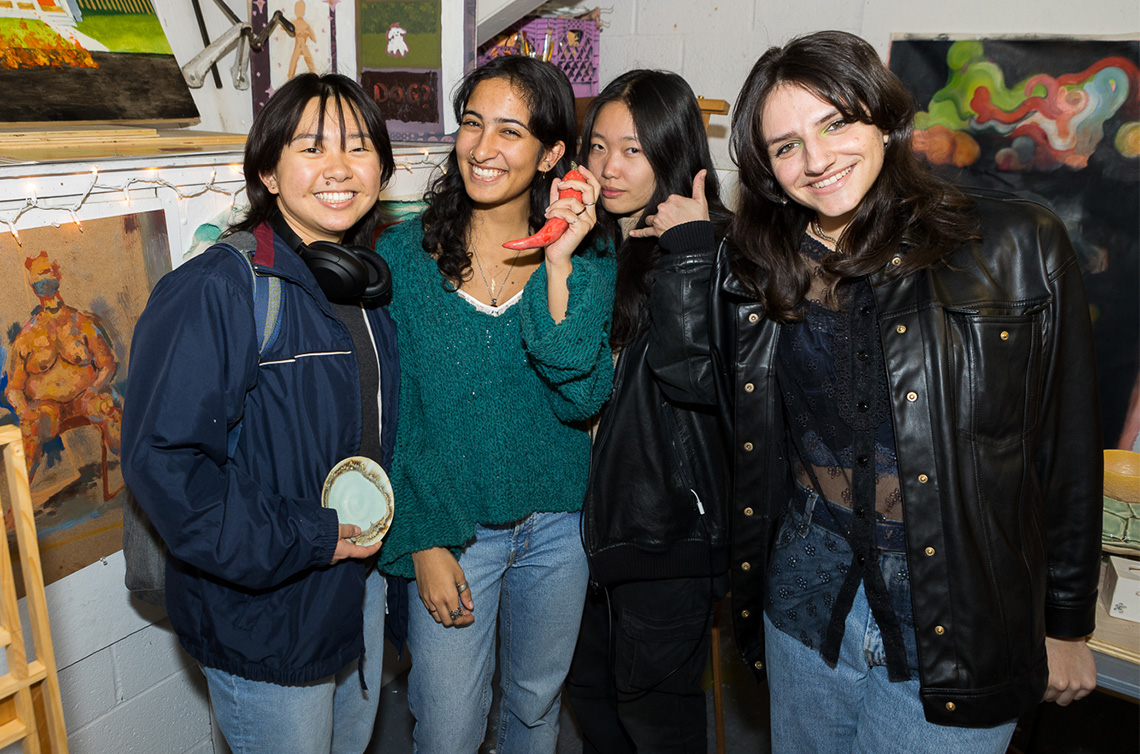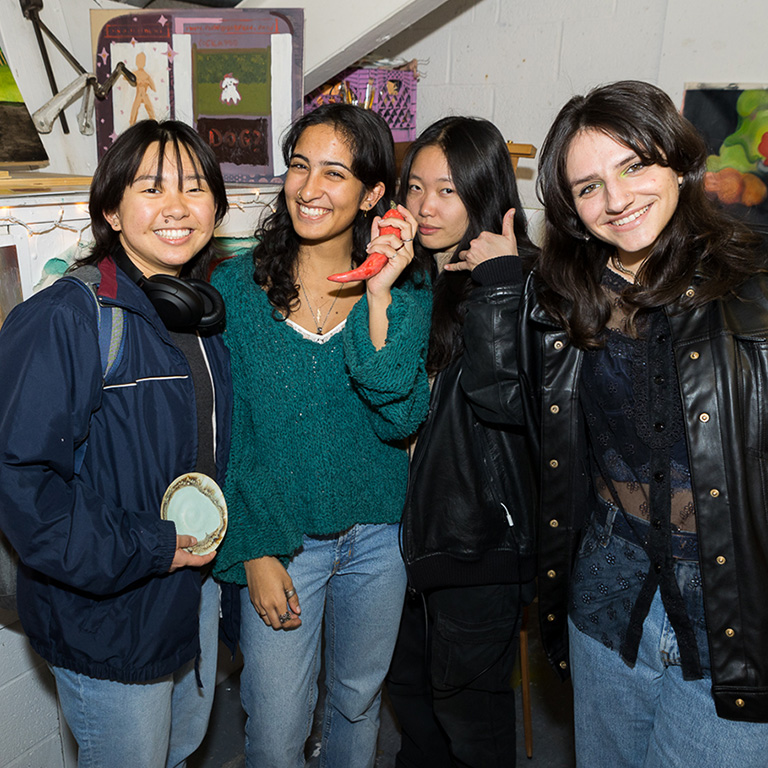Spring 2019 Elective Courses
Please find below a list of all advanced art electives with abbreviated descriptions for Spring 2019. For complete course descriptions, prerequisites, and additional information, please refer to Student Information Online.
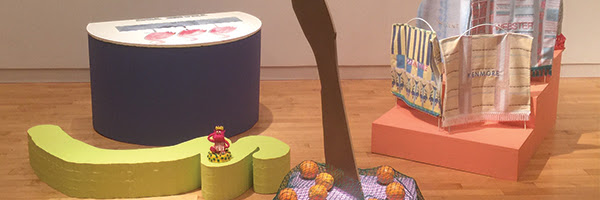
Open Sculpture (60430)
MW 1:30-4:20pm
Professor Bob Bingham
Sculpture is perhaps the broadest field among the contemporary visual arts. Through its privileged relationship to the physical world and the viewer’s body, sculpture is the glue that connects the intermedia practices of object, installation, interactive art, and performance. In this class, we build on skills and concepts learned in 3D media 1 and 2 to develop students’ individual approach. Students define independent responses to topics proposed through discussion of contemporary sculptors. Emphasis is placed on individual development. Students are encouraged to explore interdisciplinary approaches.
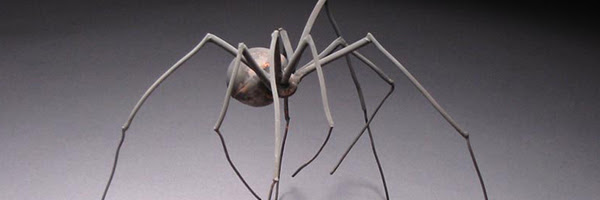
Metals (60435)
MW 6:30-9:20pm
Professor Carol Kumata
Studio focus on fabrication using light metalworking techniques including forming, joining, and finishing. Metalsmithing and jewelry techniques will be explored in the context of sculptural issues. Metal stretching, forging, brazing, texturing, small scale casting, and coloring are also presented. Slides looking at small scale metalwork, as well contemporary sculpture using metal techniques, will be presented periodically. Metals provided include copper, brass, and bronze sheet and wire. Materials fee will also cover silver solder and other expendables. This is a repeatable class that will add to the tools and techniques acquired in earlier metals classes while expanding individual growth within the concept and context of sculpture.
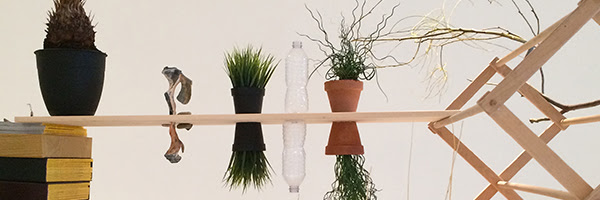
Object/Thingness (60441)
TR 8:30-11:20am
Professor Janelle Iglesias
How/when do materials and objects turn into things? What does it mean to make objects in a world already over saturated with material products and waste? How does the display and arrangement of objects change our experience, interpretations, or assumption about them? This advanced sculpture class focuses on the topic of thingness, or the nature, theory, and agency of the material world, especially as it relates to contemporary art and our place within it. Through drawing insights from a wide range of disciplinary lenses, we will explore how theorists, artists, and other scholars examine tensions between the imagined and the real, the hand-made versus the factory-produced, and the agency of objects to act on or to connect humans.
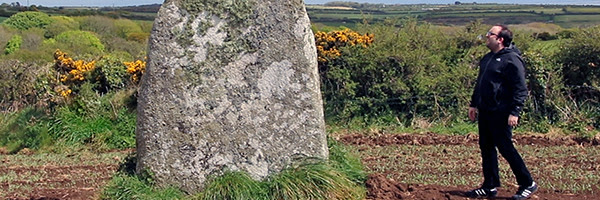
The Secret Life of Sculpture (60444)
F 8:30-11:20am & 1:30-4:20pm
Professor Sean Lynch
Sculpture could be considered the most flexible of all artforms, not simply seen as an object, but as a liberal attitude to investigate the shape and stories of the world around us, all the time suggesting new ways of understanding our own role and purpose within it. Students will identify their own particular thematic and develop skillsets through multiple forms of activities: lectures, fieldwork, walks, readings, and hands-on workshops, all leading to the production of individual artworks for a final presentation. The Secret Life of Sculpture devotes itself to paying close attention to small details and to the wide-ranging application of sculptural practice, all to learn how art can behave in unexpected yet urgent contexts.

Real-Time Animation (60413)
TR 3:00-4:20pm
Professor Johannes DeYoung
This course explores improvisational strategies for making animation within real-time computer graphics frameworks. Advancements in motion capture technologies, real-time 3D computer graphics engines, and visual programming tools for AV synthesis provide open frameworks for the exploration of animation in spatial and interactive contexts. Studio work will explore real-time animation in a variety of contexts, including screen-based interaction, site-specific installation, and spatial immersion. Conceptual frameworks drawn from the histories of video art, animation, and immersive media design will inform collaborative group work and class discussion.

Animation Studio: Chance Protocols (60415)
TR 8:30-11:20am
Professor Johannes DeYoung
Chance Protocols is an intermediate level animation studio course that explores procedural animation techniques as experimental design frameworks. This course draws upon historical art, music, and literary traditions of chance operations as guiding structures for experimental computer animation, non-linear narrative, and experience design. Class discussions, screenings, and tutorials explore the intersections of critical inquiry and creative production. Practically, students will develop skills and methodologies for incorporating procedural animation techniques into traditional keyframe animation practice, cultivating contextual and theoretical awareness and artistic agency.

Advanced Video (60417)
MW 6:30-9:20pm
Professor Suzie Silver
This course offers an in depth exploration of video as a tool for creative expression. Topics for investigation and discussion will include: histories of experimental media, contemporary trends in the field, technological developments, performativity, and theories of perception and representation. Additionally this course will provide instruction in advanced digital video production and post-production techniques, including lighting, editing, visual effects, 2D animation, motion graphics and sound design. If you have not taken 60-110 but have basic proficiency in Adobe Premiere and After Effects please contact Professor Suzie Silver.
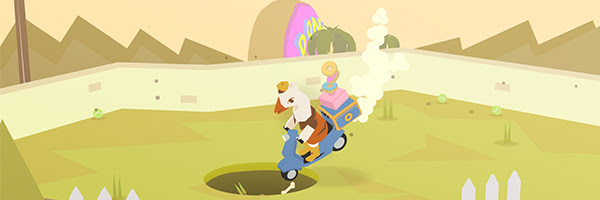
Experimental Game Studio: The Fast and the Curious (60418)
F 8:30-11:20am, 1:30-4:20pm
Professor Paolo Pedercini
Experimental Game Studio is an intensive gamemaking class focused on fast prototyping and creative risk taking. The course is divided in two parts: in the first half of the semester students will be asked to create a game prototype every week starting from an open-ended prompt. This part builds upon the established practices of Game Jams and serial experimentation in independent game development. In the second half, the most promising prototype will be iterated, playtested, and polished into a complete project. This part can also be used to complete a project started in a different class or context. Students will work individually or in teams of two.
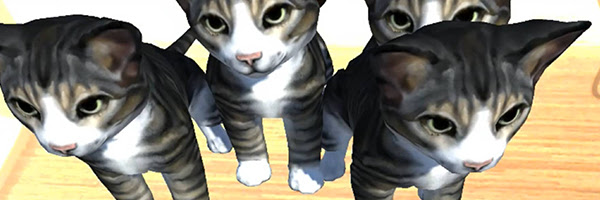
Experimental Animation (60422)
MW 1:30-4:20pm
Professors Jim Duesing and Jessica Hodgins
This class will examine animation production from the student’s perspective. Animations that explore both form and content will be developed and discussed. Topics will include; non-linear narrative, visual music, puppetting, non-traditional materials, manipulation of motion and performance capture data, and immersive environments.

Interactive Art (60423)
MW 8:30-11:20am
Professor Golan Levin
This is an advanced studio course in interactive art, realtime arts-computing, and new media practice. This course has a special emphasis on non-traditional sensing technologies and experimental techniques for acquiring data about people and the world, through e.g. machine learning; gestural motion capture systems for the face, hands, eyes and body; and devices that sense beyond the limits of human perception. Our core objective is the creation of new culture through exploratory software development. Topics surveyed in the course will be tailored to student interests, and may include: experimental interface design, game design, real-time audiovisuals, locative and mobile media, vision-based interactions, simulation, and other topics.

Drawing: Passionate, Private, Partisan (60450)
MW 8:30-11:20am
Professor Andrew Johnson
Uncontrollable emotions? PASSION drawing embraces you. Dionysian daydreams? PRIVATE drawing releases you. Anger worth sharing? PARTISAN drawing supports you. By example and creating our own, this course promotes unapologetic drawing: too wild to be contained; too raw to be seen; too declarative to be denied. Through presentations, excursions, critiques, readings, discussions, exercises and atmosphere, we will develop independent methods and work beyond our current assessment of the permissible. Through three overlapping lenses—of abandon, the anti-repressed, and the advocatory—we will focus and expand our work. Expect campfires, candles, and torches.
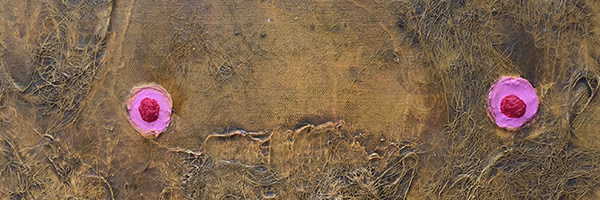
Advanced Painting (60453)
MW 8:30-11:20am
Professor Susanne Slavick
or
TR 1:30-4:20pm
Professor Echo Eggebrecht
This course is designed to help promote a painter’s development, both conceptually and technically. It encourages students to expand their ideas through a diverse set of projects.Through research and studio experimentation, students will explore issues of scale, surface, materiality, process and performativity in painting. They will also consider notions of the “picturesque” and how non-artistic disciplines can inform painting. Lectures and assignments are designed to enrich the painter’s conceptual and technical base and to promote creative growth.
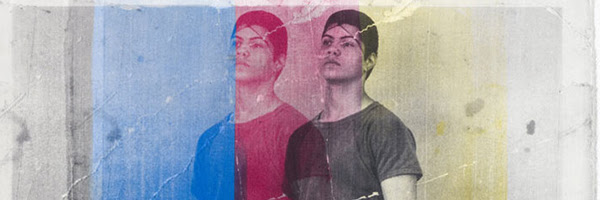
Photography/Print Workshop (60471)
MW 1:30-4:20pm
Professor Kim Beck
In this course, students will develop semester-long individual projects in contemporary photography, printmaking, artists’ books, and/or multiples. Students will work in photography (traditional, alternative, or digital processes) or print media (silkscreen, lithography, intaglio, monotype, etc), considering the ways one extends into the other, and the way that lens-based imagery might intersect with the handmade. Readings, regular discussion, critique, field trips, and visiting artists will enhance the conversation and research. As a workshop, this course is for students who are ready to explore their work more deeply and create ambitious self-driven projects.

Print Media: Relief Printmaking (60476)
TR 8:30-11:20am
Professor Imin Yeh
This course is a comprehensive and intensive study of relief printmaking. The course introduces students to various materials (linoleum, wood, movable type), various hand-carved techniques (single color, multiblock, reductive, letterpress) and also the introduction of various, new technologies (laser etched, engraved plates, digitally rendered photopolymer plates). With an over thousand year history, relief printmaking is one of the earliest methods in which humans were able to record, communicate, and distribute their history, stories, and ideas for posterity. Primarily focused on work on paper, students will also have opportunity to consider the sculptural, participatory, and time-based applications of the medium within contemporary practices.
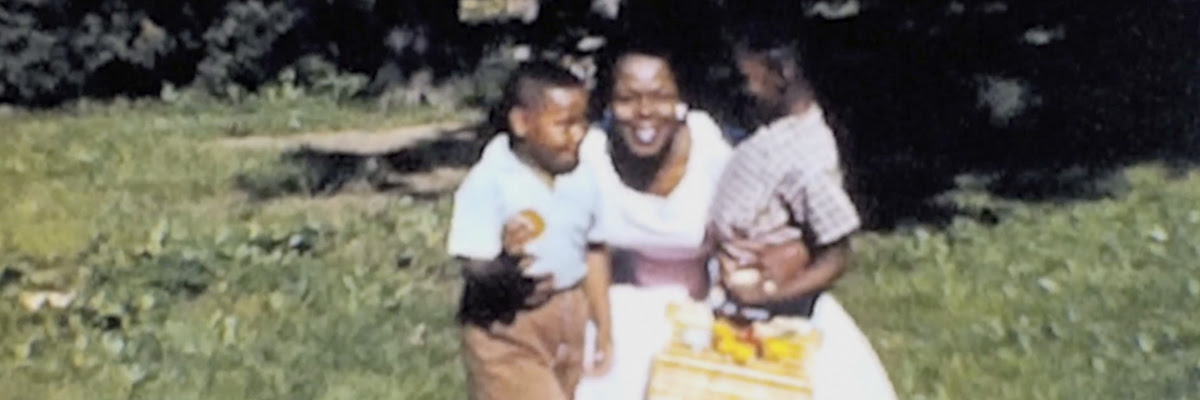
Photography: Picturing Identity (60479)
TR 1:30-4:20pm
Professor Shikeith
In this course, students will investigate the methodologies through which identities are expressed, revealed, deconstructed, and imagined in photographs. This class will provide students with a critical survey of images, texts, and conventions practiced by artists whose use of the photographic medium has shaped our understandings of the body, race, gender, nationality, sexual orientation, class, citizenship, religion, and ethnicity, among others. Students will work to develop their own visual language through forms of research and investigation, experimentation, and creative risk taking. A deeper relation to looking at, conversing with, and critiquing images will function as the centerpiece to this class.
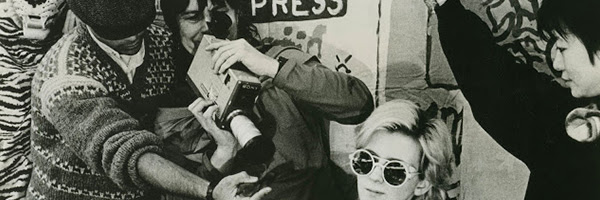
Art & Activism (60361)
R 6:30-9:20pm
Professor Angela Washko
When can art be activism? When can activism be art? This course will ask students to investigate the relationship between art and activism—provoking dialogue about artistic activism through topics including artists’ participation in broader social movements, direct action, institutional critique, political art in unusual contexts, everyday acts of dissent, and metrics for success across fields. The course will cover intersectional issues by focusing on artists, activists, and collectives embedded in social movements focused on the liberation of oppressed groups, income inequality, housing justice, ecological justice, immigration, mass incarceration, labor exploitation, surveillance, and more.

Black Utopias: Writing Ourselves Into A Better Future (60388)
MW 12:00-1:20pm
Professor Alisha Wormsley
In this course, we will examine various utopian visions of Black Americans. Focusing on the 20th century up to present day, the class will research the Afro-futurist and Afro-utopian ideologies found in literature, film, and art, and their opposition to canonical American utopian ideals. The course is an exploration of the empowerment and self-determination that African Americans use to visualize a better world for themselves. Students will develop an awareness of how cultural criticism addresses the concept of utopia and how the concerns of this field pertain to African-American expression.
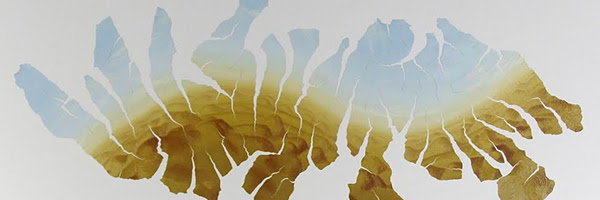
The Art of Mapping (60480)
MW 6:30-9:20pm
Professor John Carson
Many artists have used maps as inspiration, and for some, maps are integral to their work. Maps purport to objectively represent territory while revealing the biases of their authors. This course will question conventional notions of objective cartography and look at how artists have creatively and critically used various forms of mapping. As well as geographical and physical space, the course will consider representations of psychological space, social space, and conceptual space. Definitions of mapping will be extended to include information visualization, diagrammatic systems, geographic infrastructures, aerial photography, landscape interventions, and journeys through space and time.
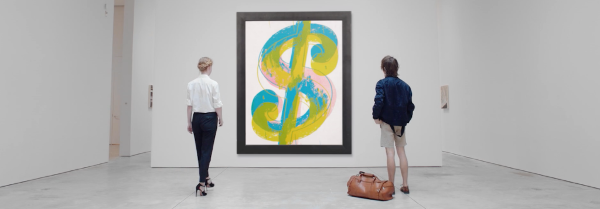
Professional Development for Creative Practices (60350)
F 8:30-11:20am
Professor Tom Hughes
Supporting a creative practice as a sustainable career—whether individual studio practice, employee, or entrepreneur—requires a foundational knowledge of basic organizational, legal, and financial structures and practices. Throughout this seminar-style course, students will develop a starting knowledge of basic business concepts; a foundational understanding of ethics and best practices; problem-solving skillsets and methodologies for managing projects and programs; and apply these learnings to their own creative practices. Topics will include basic business structures; intellectual property; Contracts and employment; earned income and fundraising; financial management and taxes; marketing and communications; and strategy development.
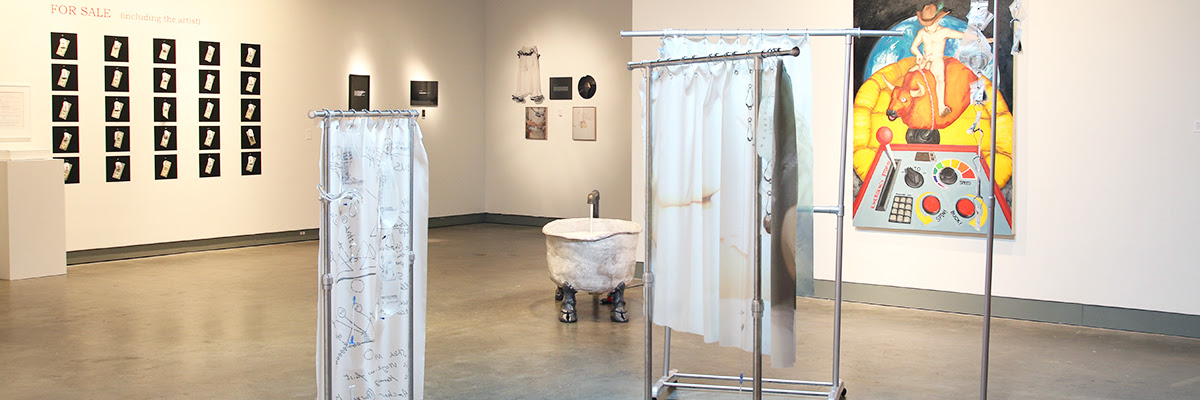
Senior Studio (60402)
TR 1:30-4:20pm
Professors
Joe Mannino,
Rich Pell, and
Imin Yeh
Students continue a comprehensive two-semester capstone project. Each student pursues an ambitious and cohesive body of work with guidance by a team of School of Art faculty. Multimedia, multidisciplinary, and collaborative work is encouraged. Studio work is supplemented by group critiques, workshops on writing, professional presentation skills, career preparation, and technical instruction as needed. Attendance at all 6:30pm School of Art Lecture Series events is required for this class. Open to seniors in the School of Art, or by instructor permission.
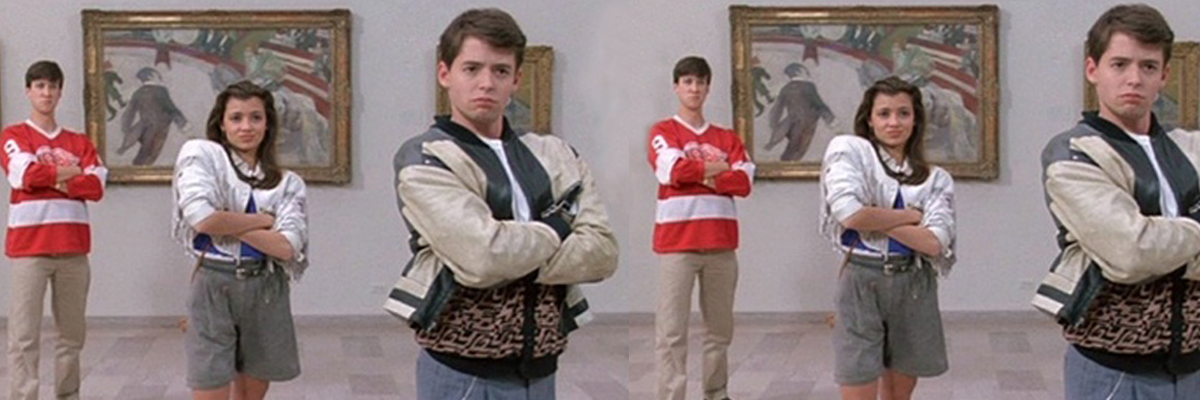
Senior Critique Seminar (60403)
TR 6:30-9:20pm
Professor Devan Shimoyama
Senior Critique Seminar is comprised of group discussions that analyze the conceptual and aesthetic frameworks that surround each student’s individual studio practice. The course supports independent inquiry, mature studio practice and both an in-depth critical reading of visual art and an increased comfort in the articulation of ideas and processes. Each student can expect two hour-long critiques throughout the semester, paired with ample time for individual studio work. These course discussions will also be informed by the Visiting Artist Lecture series and concepts and concerns carried from studio and academic seminar classes.
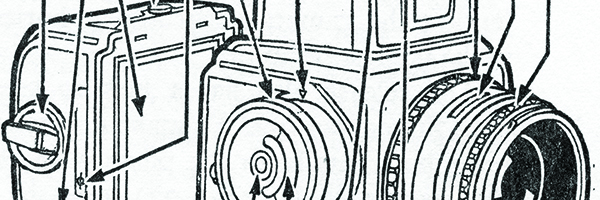
Black and White Photography I (60141)
TR 1:30-4:20pm
Professor Sean Carroll
or
TR 8:30-11:20am
Professor Nina Young
This course will teach you the basic craft of photography from exposure of the negative through darkroom developing and printing to print finishing and presentation. Content includes student presentations, class discussions, shooting assignments, darkroom sessions, and class critiques. We will concentrate not only on the technical aspects of photography, but also the aesthetics of seeing with a camera. The course concentrates on photography as a fine art—what is unique to it and the concerns that are shared with other visual arts, such as composition, tonal values, etc., and aims to equip students with an understanding of the formal issues and the expressive potentials of the medium.

Digital Photography I (60142)
TR 1:30-4:20pm
Professor Aaron Blum
or
MW 8:30-11:20am
Professor T. Ross Mantle
This course explores digital photography and digital printing methods. By semester’s end students will have knowledge of contemporary trends in photography, construction (and deconstruction) of photographic meaning, aesthetic choices, and the use of color. Students will learn how digital cameras work, proper digital workflow, RAW file handling, color management and Adobe Photoshop. Through the combination of the practical and theoretical, students will better define their individual voices as photographers.
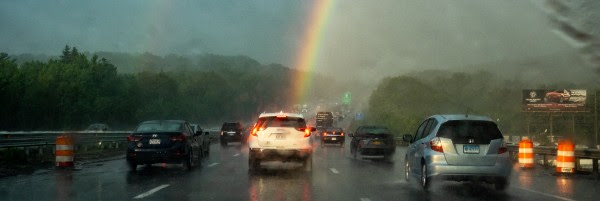
Photographing America (60235)
MW 6:30-9:20pm
Professor Leo Hsu
In this course, students will create an original photographic project that responds to a legacy of photography that has described and critiqued the United States of America, its aspirations, and its challenges. Through readings and class discussion, students will examine a range of projects that addresses notions of America or an American character, including writing and photography produced by both American and foreign observers. As students learn about how America has been seen, they will develop their own “American” body of work, culminating in a portfolio project.
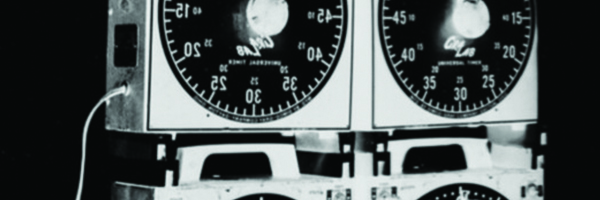
Black and White Photography II (60241)
MW 1:30-4:20pm
Professor Jamie Gruzska
This course allows you to gain experience with medium and large format film cameras while emphasizing aesthetic development and personal artistic growth. As an advanced student, you have access to an unusual assortment of panoramic and pinhole cameras that will change the way you make photographs, revealing unknown perspectives. Additional topics include digital process though negative scanning and inkjet printing, advanced monotone printing methods, and a focus on exhibition and folio presentation.
